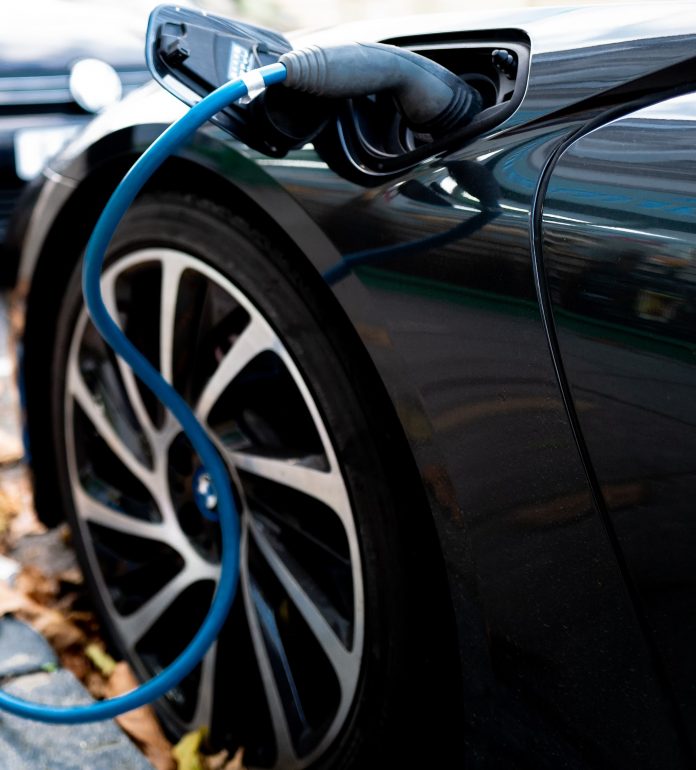Over the last few years, electric vehicles have acquired mainstream tractions. No longer a niche choice, they’re now outstripping diesels in the new market, and well on their way to becoming the go-to choice for most motorists.
The downside for those looking to invest in this kind of vehicle is the depreciation that so often comes along with them. So, what is it that makes electric vehicles depreciate more quickly than traditional internal combustion ones?
Rapid development
This is a relatively immature technology. We can therefore be fairly sure that models released in the years to come will ship with improvements that leave the current crop far behind. We might see improvements in battery life and efficiency, and new energy-saving features which optimise the power draw.
If you’re informed about the latest trends in the industry, then you might be able to avoid much of the depreciation here. Bear in mind that super-capacious batteries of the future might not produce a proportionate reduction in price. Once motorists stop being anxious about range, they might be happy to settle for batteries of a certain size.
Battery degradation concerns
Another worry that’s dampening demand in the used car market is the possibility that a battery that has been on the road for several years might not be able to hold its charge as efficiently. While it is possible to replace a car’s battery, the procedure is often expensive.
To help with this, manufacturers and sellers might seek to reassure potential buyers of the condition of the battery through the use of warranties and other assurances. It’s worth also noting that, as the battery electric vehicle becomes more popular, we might see battery replacements happening more frequently – and this will help to drive down the costs associated with them.
Maintenance records and certification
The importance of records and certification goes beyond the longevity of the vehicle’s battery. If a detailed record of the vehicle’s maintenance history is available, then the value of the vehicle is that much likelier to hold up. If you’re looking for a used BMW, for example, you might look for certified pre-owner programs, and comprehensive service records.
Government incentives and tax credits
In many cases, the government can step in with a financial incentive to offset the anticipated costs of depreciation. This has been the approach of the UK government’s approach to road tax, which is based on emissions. There are also plug-in grants available in certain regions. You don’t need to apply for these; they are already factored into the purchase price by the seller.




